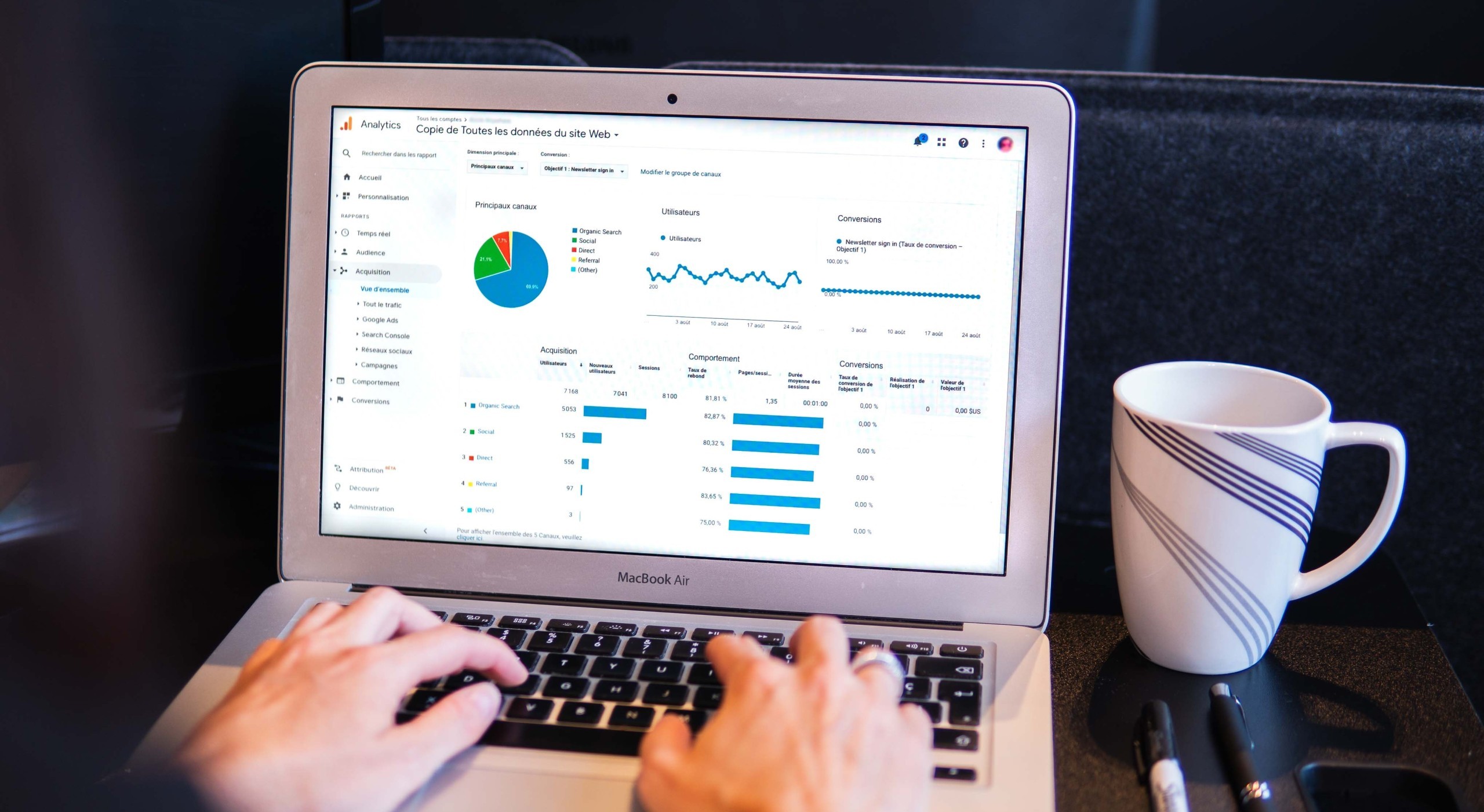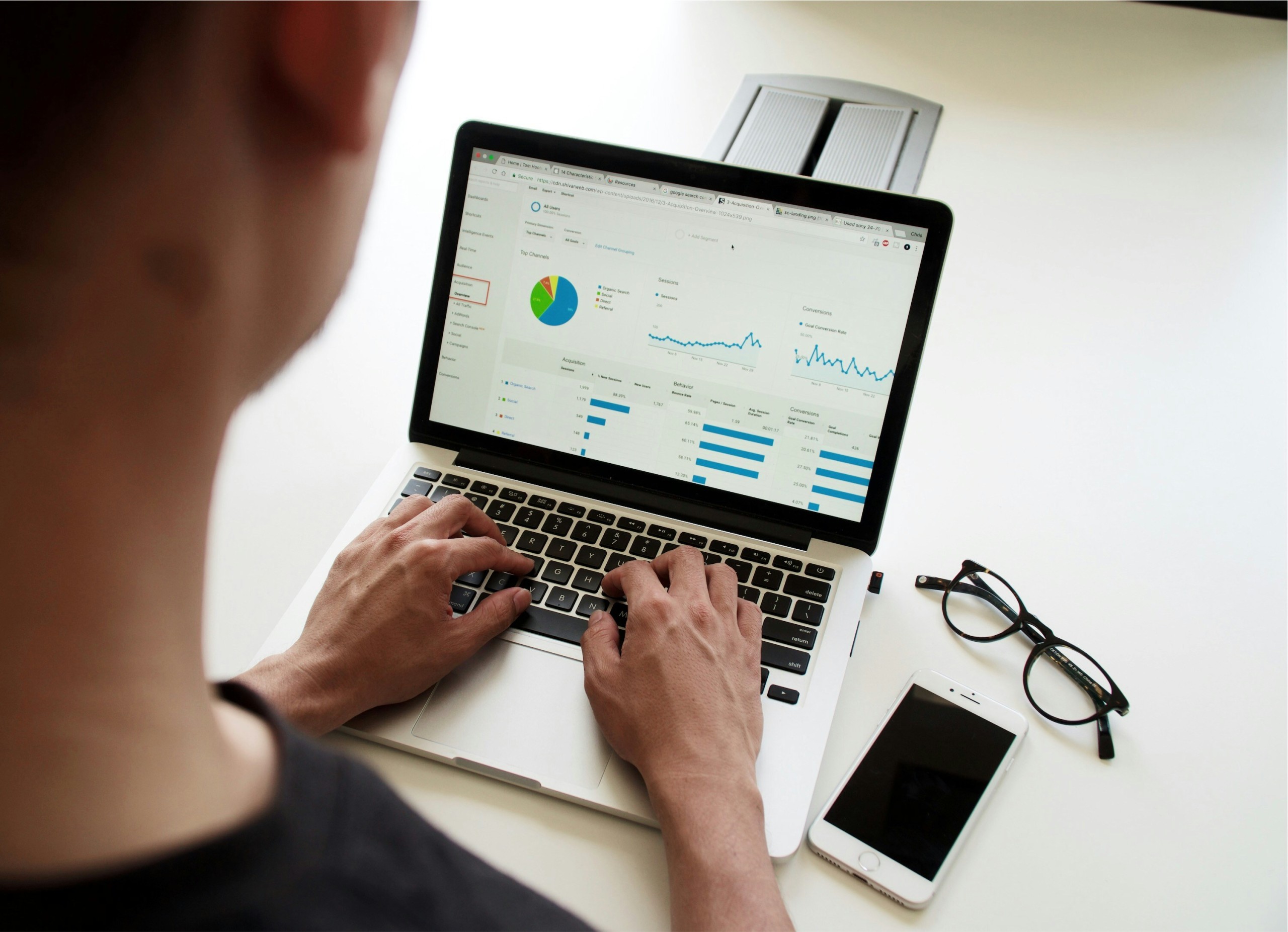Are you looking to maximize your advertising budget? Wondering which is the better choice: pay-per-click or cost-per-click? You’re not alone.
Campaigns crumble and your return on investment hangs in the balance. Even one wrong move can spell disaster. Many marketers face this dilemma as both strategies promise high returns, but which one truly delivers?
In this article, we’ll explore the ROI comparison between PPC vs CPC to guide you in making an informed decision. Let’s begin!
Definition and Basics of PPC and CPC
PPC and CPC are fundamental terms in digital marketing. They are both advertising models used to drive traffic to a website, and the terms are often used interchangeably. However, they function differently and have their unique characteristics.

Pay-Per-Click
PPC is a digital marketing strategy where you focus on attracting website visitors by paying only when users click your ad. It’s a way to buy visits to your site, rather than earning them organically.
One of the most popular PPC platforms is Google Ads. Here, advertisers bid on keywords relevant to their target market. When a user searches those keywords, the ad might appear.
If the user clicks on the ad, the advertiser is charged a fee.
Cost-Per-Click
CPC is a metric used to determine the cost per click in PPC campaigns. It calculates the price paid by advertisers for each click on their ads. You can calculate it by taking the total advertising spend and dividing it by the clicks your ad gets.
For instance, if you spend $100 on a campaign and get 50 clicks, your CPC is $2. CPC helps marketers gauge the cost-effectiveness of their campaigns. Lower CPC means more clicks for your budget.
Both PPC and CPC work hand in hand. PPC is the strategy, while CPC measures the actual cost. Understanding both is crucial for optimizing your digital marketing efforts.
Cost Implications: Which is More Expensive?
When it comes to budgeting for advertising, the question of cost is always a top concern. PPC and CPC have different pricing structures, but which one is cheaper?
PPC can be costly as advertisers pay for each click, regardless of conversion. However, with proper management and optimization, PPC ads can have a high ROI.
On the other hand, CPC only charges for clicks received. This means that if your ad doesn’t receive any clicks, you won’t incur any costs. Nevertheless, this also means that your ad may not have reached your target audience.
In terms of costs, CPC may seem more cost-effective. However, it also depends on the success of your campaign and targeting efforts.
Click-Through Rates: Who Wins?
CTR is the number of clicks an ad receives divided by its total impressions. It measures ad success by attracting clicks, indicating its relevance and appeal.
In terms of CTR, PPC ads generally have a higher percentage than CPC ads. This is because PPC ads are strategically placed on search engine results pages or other relevant websites. This makes them more visible to users.
However, this doesn’t necessarily mean that CPC ads are less effective. They may have a lower CTR but can still generate conversions and leads.
Conversion Rates: Which Delivers Better Results?
While PPC ads may have a higher CTR, CPC ads tend to have a higher conversion rate. This is because CPC ads target users already interested in the product or service. They have been clicked on intentionally, rather than stumbled upon.
In terms of conversion rates, CPC may be more effective for generating actual results and ROI. However, this also depends on the quality of your ad and targeting efforts.
Budget Flexibility: Who Gives You More Control?
In terms of budget control, PPC allows for more flexibility. Advertisers can set a daily or monthly budget and adjust bids to target specific keywords or audiences. This gives them the ability to test different strategies and adapt to market changes.
CPC also offers some level of control by setting maximum costs per click. Yet, it may not be as flexible as PPC in terms of adjusting bids and targeting.
Ad Performance Tracking and Analytics

Both PPC and CPC platforms provide performance tracking and analytics. This allows advertisers to measure the success of their:
- ad campaigns
- targeting efforts
- keywords and ad placements
Even so, PPC offers more detailed insights as it tracks every click and interaction with the ad. This improves understanding of campaign performance and highlights areas for improvement.
On the contrary, CPC may only track clicks, which may not give a comprehensive view of the overall performance.
Impact on Brand Awareness
PPC and CPC also have different impacts on brand awareness. PPC ads can increase brand visibility as they are strategically placed in front of potential customers. This can lead to better recall and recognition.
Alternatively, CPC may not have the same impact as it is only triggered when a user clicks on the ad. However, if your ad has a high conversion rate, it can still contribute to building brand trust and loyalty.
Long-Term vs. Short-Term Gains: The Final Verdict
So, which advertising model delivers a better return on investment? The answer is that it depends.
PPC may be more beneficial for short-term gains and immediate conversions. It provides flexibility and control over targeting and budgeting. This makes it an effective choice for launching new products or services.
In contrast, CPC may offer better long-term results by building brand awareness and trust through consistent messaging. This can lead to increased customer loyalty and repeat purchases.
For optimal results, leveraging both PPC and CPC in conjunction can help achieve a balanced marketing strategy. This way, you can capitalize on short- and long-term benefits by using Digital Marketing & AI Marketing Resources to boost campaign performance.
Understanding the Difference Between PPC vs CPC
The debate between PPC vs CPC will continue as both have unique strengths and can deliver a positive ROI. It is important to understand your marketing goals and target audience to determine which strategy aligns best with your objectives.
Proper planning, testing, and campaign optimization can maximize PPC and CPC potential for a successful digital marketing campaign. So, which one will you choose? The choice is yours!
Did you find this article helpful? Check out the rest of our blog now!
